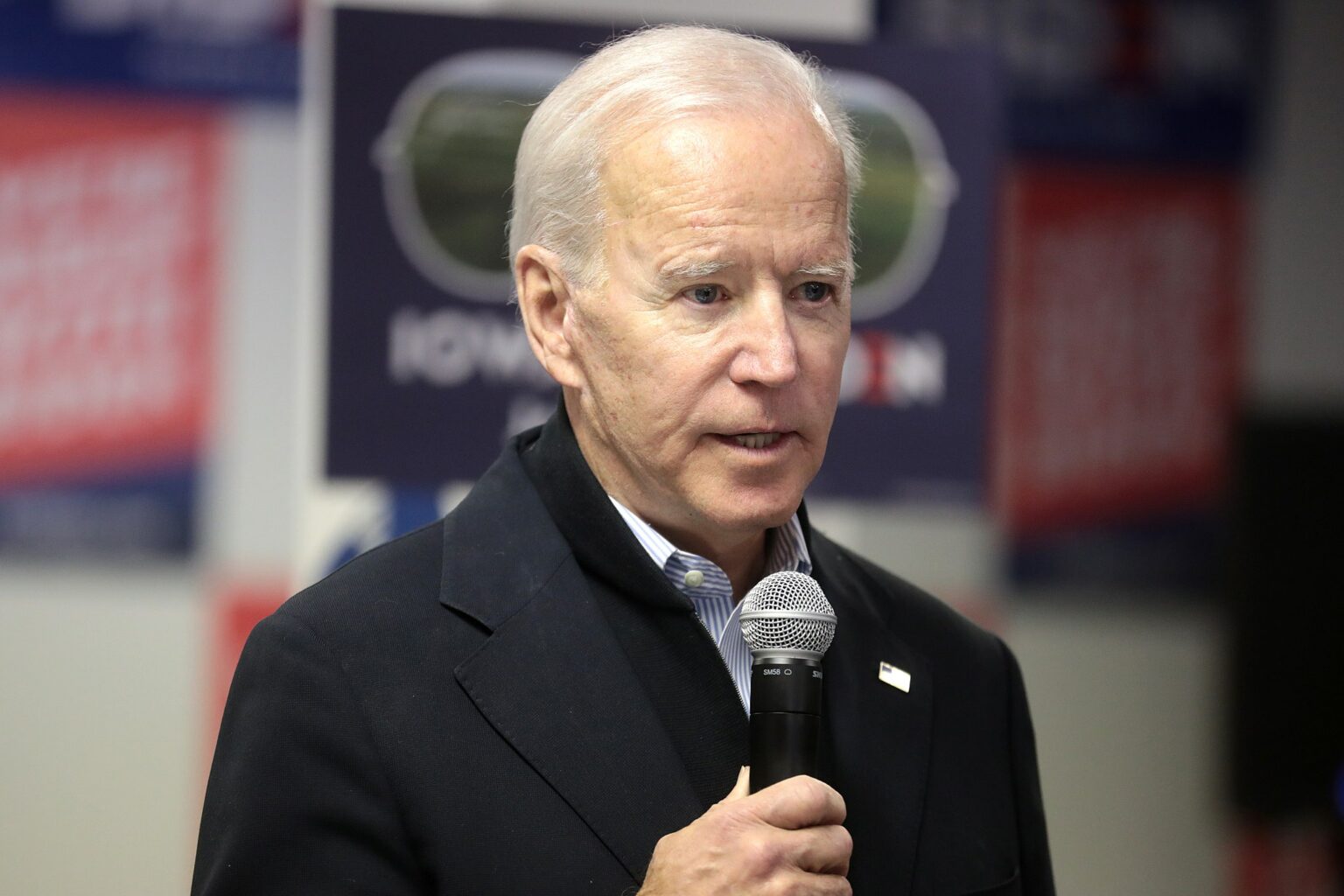Trump-Endorsed Candidate Loses
In the recent June 25 primaries, the influence of former President Donald Trump’s endorsements within the Republican Party faced notable challenges, revealing the limits of his sway over voters in key congressional races across Utah, Colorado, and South Carolina.
Despite Trump’s generally strong track record in endorsing candidates aligned with Republican leadership, this round of primaries underscored exceptions to his influence. In Utah, for instance, the contest to replace retiring Senator Mitt Romney saw Representative John Curtis triumph over Trump-backed Riverton Mayor Trent Staggs. Curtis, known for his centrist approach and willingness to work across the aisle, secured a decisive victory, reflecting his broader appeal and established name recognition compared to Staggs.
Similarly, in Colorado’s 5th Congressional District, conservative commentator Jeff Crank emerged victorious over Trump-backed Dave Williams, the state party chair. Crank’s win, with substantial support from House Speaker Mike Johnson and retiring Congressman Doug Lamborn, highlighted Williams’ controversial candidacy amidst criticism for divisive rhetoric and alleged misuse of party funds.
Meanwhile, in South Carolina, Trump’s endorsement of pastor Mark Burns did not secure victory in the runoff for the state’s 3rd Congressional District. Burns, despite his longtime alliance with Trump, faced a narrow defeat against nurse practitioner Sheri Biggs. Biggs, supported by Governor Henry McMaster, garnered more votes amidst controversies surrounding Burns, including contentious statements on social issues and misleading claims about his background.
These primary results signal not only the complexities of intra-party dynamics but also the evolving landscape where candidates’ local reputation, policy positions, and party affiliations can outweigh even high-profile endorsements. While Trump remains a significant figure in Republican politics, his endorsements do not guarantee success in every contest, particularly where candidates diverge from local party establishments or face scrutiny over their public stances and personal histories.
Looking ahead, these outcomes may prompt recalibrations in how candidates and parties approach endorsements and campaign strategies, emphasizing the multifaceted considerations that influence voter decisions beyond top-down endorsements alone. As the 2024 election cycle approaches, these primary results serve as a reminder of the diverse factors shaping electoral outcomes and the enduring complexities of political alliances within the Republican Party.
